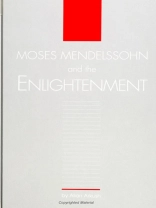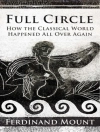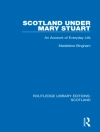Moses Mendelssohn, the author of numerous works on natural theology and ethics, was also the first modern philosopher of Judaism. This book places Mendelssohn’s thought within the context of the Leibnizian-Wolffian school, the writings of Kant and Lessing and other major figures of the Enlightenment, and within the age-old tradition of Jewish rationalism. More than any previous treatment of this subject, it questions the extent to which Mendelssohn truly succeeded in reconciling his allegiance to the philosophy of the Enlightenment with his adherence to Judaism.
Inhaltsverzeichnis
Acknowledgments
Introduction
1. The Leibniz-Wolffian Background
2. Mendelssohn’s Natural Theology
3. The Crisis of Reason
4. Religion, Morality, and Politics
5. Spinoza and Other Adversaries
6. Mendelssohn’s Defense of Judaism
7. Refashioning Judaism
Conclusion
Bibliography
Index
Über den Autor
Allan Arkush is Assistant Professor of Judaic Studies at the State University of New York at Binghamton. He is the translator of Moses Mendelssohn’s Jerusalem.












